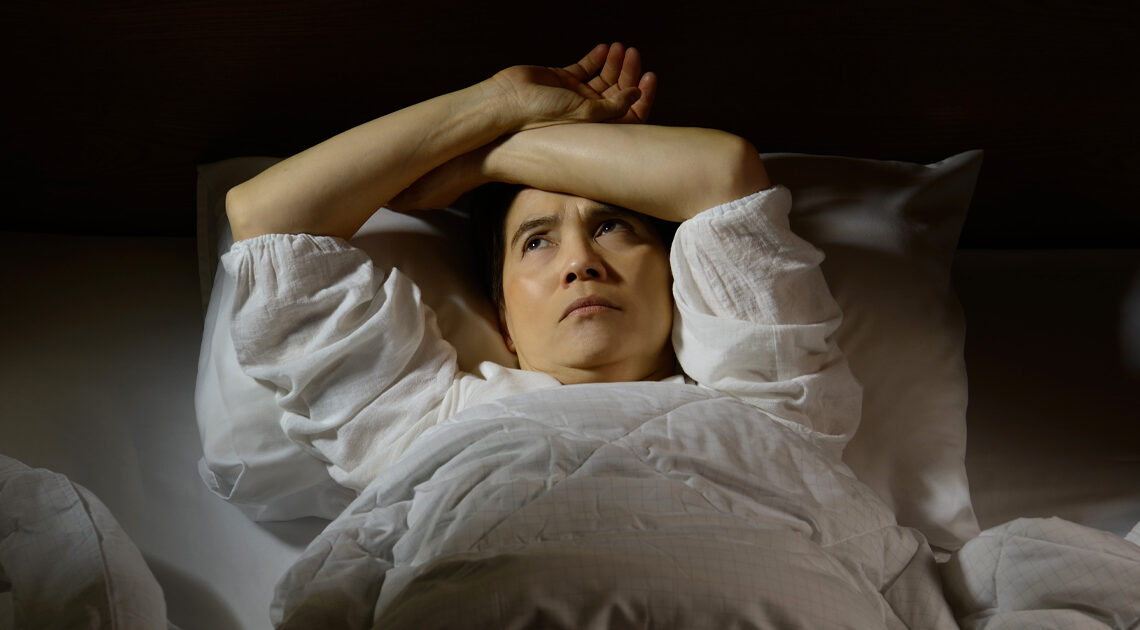
The timing could not have been better. While millions of Israelis were groggy from repeated night-time alsirens and trips to safe rooms, a team of Jerusalem researchers, including staff at the Hadassah Medical Organization, published a study on the effects of war on sleep in the International Journal of Clinical and Health Psychology.
The study looks at the period immediately prior to the October 7, 2023, Hamas invasion of Israel and the subsequent months, but likely its findings can also be applied to the recent escalation with Iran and the nightly missile attacks on Israel’s main cities. Even in areas not directly targeted, families were awakened by the alerts on the Home Front Command app and the subsequent powerful midair explosions as defensive missiles take out incoming projectiles.
Most previous studies focused on military personnel but this time researchers — including Hadassah-Hebrew University Braun School of Public Health International Master of Public Health Director Prof. Hagit Hochner, Hadassah Senior Pediatric Pulmonologist Prof. Alex Gileles-Hillel and his wife, Hebrew University organizational behavior expert Prof. Shoham Choshen-Hillel — decided to look at the civilian population.
The paper demonstrates “the detrimental effects of warfare on civilians’ sleep, indicating that these effects are likely long-lasting. The findings identify precursors for sleep problems and underscore the relationships between sleep, trauma, and psychological distress.”
“The Israeli civilian population experienced increased clinical insomnia, a significant reduction in sleep duration, and greater use of sleep medications, accompanied by high levels of psychological distress,” the authors write. “The effects on sleep persisted six months into the war. The sleep of women and individuals with greater exposure to trauma was particularly affected. These findings call for sleep-targeted interventions in the context of war-related trauma and psychological distress.”
Chronic sleep problems have profound implications for physical and mental health, as well as cognitive functioning. A recent line of research by this group highlighted the detrimental effects of sleep problems on effective functioning and interpersonal behavior. Poor sleep has been shown to reduce prosocial behavior, decrease empathy for the pain of others, and increase feelings of loneliness.
“For the first time, we show on a large-scale population, a whole country, exposed to extreme events for a prolonged period of time,” says Gileles-Hillel “These findings underscore the importance of addressing this issue on a public health level. If a patient who’s experiencing sleep problems is a woman, and she’s been exposed to trauma herself, you would want to address her sleep problems early rather than later. That means referring her to psychological or cognitive-behavioral therapy to treat insomnia, which is the first-line therapy for these disorders.”
